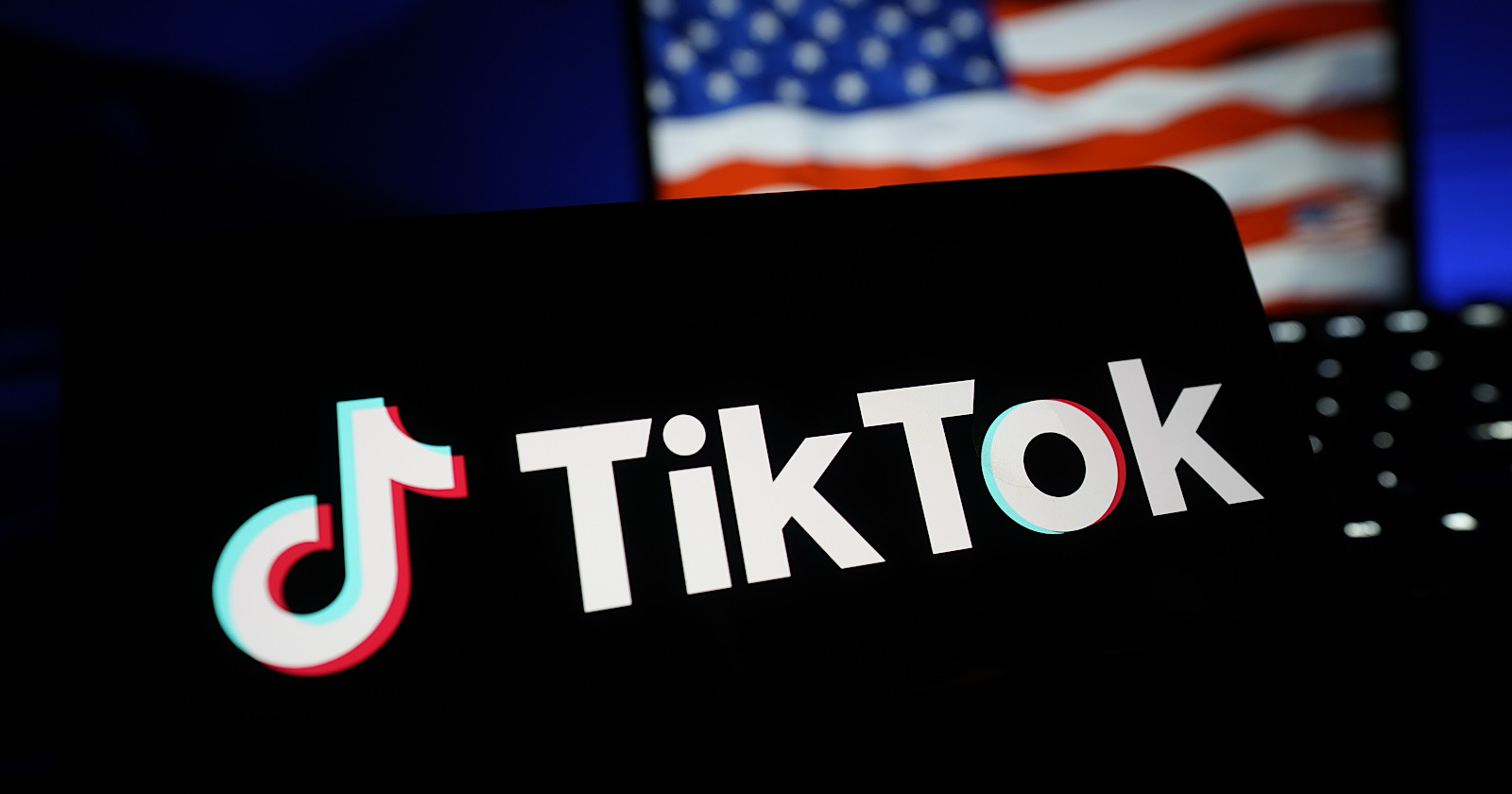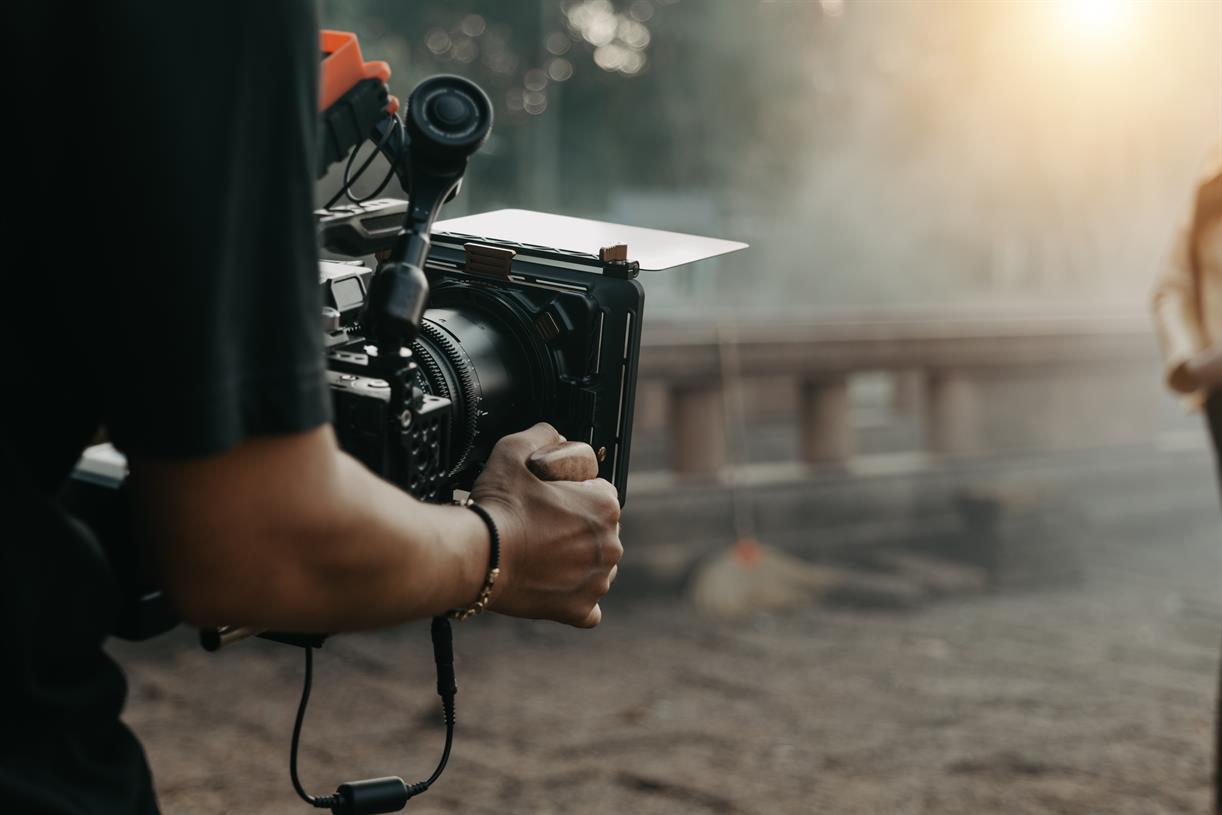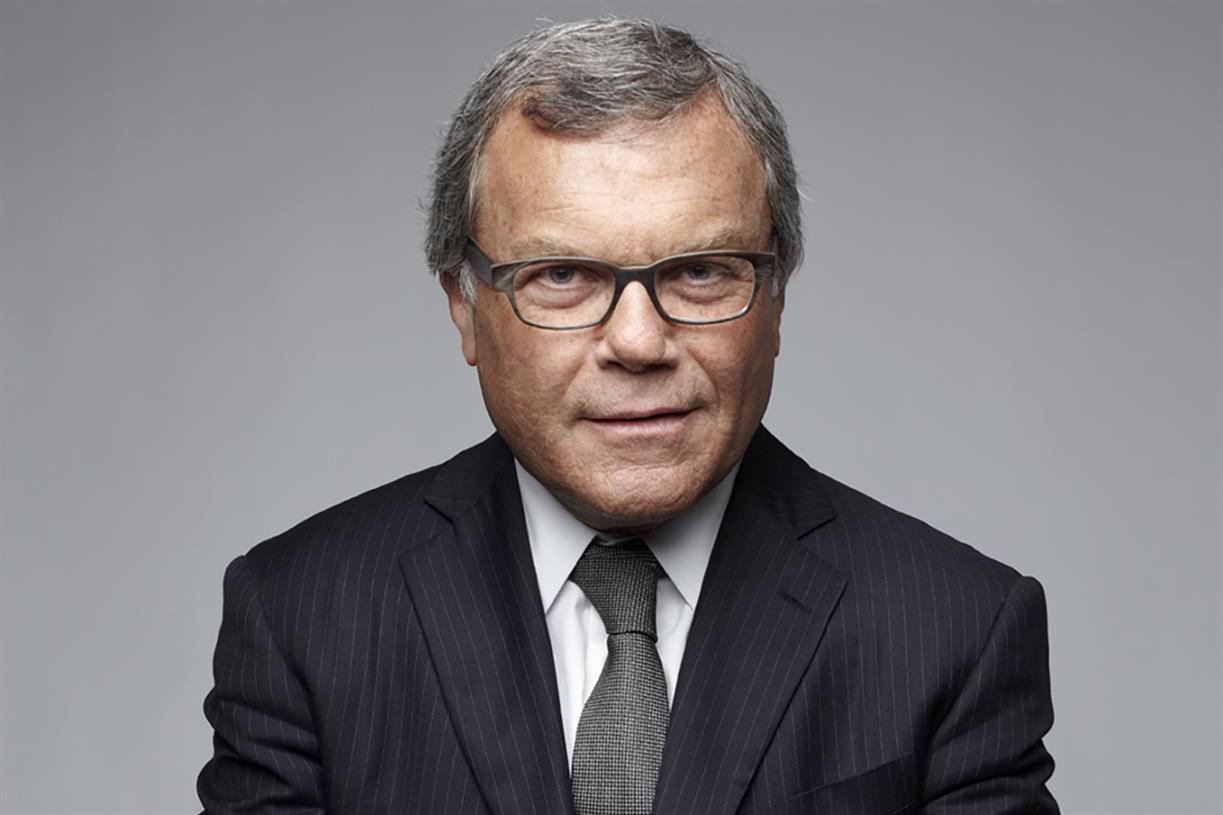Why Radical Listening Is Essential To Allyship + How To Practice
Radical listening is a skill that is learned and not necessarily acquired.

As a co-conspirator, listening—especially radical listening—is a critical key on this journey. Through radical listening, we develop a practice of taking in information to help us better understand the things of which we are not aware. The goal of radical listening is to develop stronger interdependent relationships; it is how to become of better service to the world. In justice work, another reason we listen is to empathize with others in order to build relational communities, engaging in dialogue to help us understand complex issues.
In the marketing world, social listening is how brands track their social media platforms for conversations about their company and products. In racial justice work, I define social listening as the practice of listening to voices outside the eyes of whiteness. It's an intersectional approach to listen not only to scholars but also to folx on the ground across Black, Brown, AAPI, LGBTQ+, and other marginalized spectrums. Social listening is a practice to understand what voices of color outside the binary are teaching and living.
How to learn the skill of radical listening.
Radical listening is a skill that is learned and not necessarily acquired. Part of the journey toward a better understanding includes listening to voices that are in close proximity or have lived experience with institutional, structural, and interpersonal oppression.
As a society, we've learned to listen to solve problems, giving our two cents as a form of rescuing folx from their own stories. We listen with the subconscious belief that we are in control of a narrative, that once we hear a story, we can then fix an issue. This is why so many of us use listening as a self-serving tool to rescue someone versus making space for the true message that the speaker is trying to convey. We listen to prove we are right and confirm that our biases are true.
When we listen to fix anything, we fall back into a savior trope, which is a dangerous place to be for you as a white or white-passing person. The white savior is described as the white protagonist who fights to save a nondominant person or group from oppressive systems, thinking they are redeeming them. We see white saviorism everywhere—from movies to music videos, from social workers to schoolyards.
We listen to prove we are right and confirm that our biases are true.
I can't even count how many well-meaning white mothers were proving their white virtue when they assumed that I could not speak up for myself or my children. When my daughter was in first grade, another student told her that she couldn't come to his birthday party. In fact, he said, "People with your skin color aren't invited to my house." Imagine the rage I felt at that moment when another child from a marginalized background said my daughter is uninvited.
I went to speak with another mom, a well-meaning white woman, and she became hypervigilant. "Myisha, what do you want me to do?" She immediately jumped into action. "That's inappropriate; we should go talk to the teacher."
A true co-conspirator asks, "What do you need in this situation? What does support look like for you?" But this was just another reminder that most white and white-passing people are looking to respond to pain, not understand it. They are not listening to reflect but rather to rescue or fix it. The goal is simple: You must learn how to listen in order to understand, period. And when we listen to understand, we minimize the need to fix anyone outside ourselves.
Most folx don't understand that listening is a process.
We all have different listening skills and listening styles. The process of listening begins with receiving, interpreting, recalling, evaluating, and responding. At that first moment of listening, we receive a message. From there, we often interpret the information, recalling what we hear and evaluating what we believe to be the truth in the story. The danger in interpreting other people's experiences is that once you're done listening to the story, your brain can trick you into creating scenarios of what an individual may or may not need based on your evaluation of their circumstances.
This is why it's important to understand what listening is and what your listening style is. It's also important to note that the listening process doesn't have a definite start or finishing point. We know that our brains can hold large amounts of information for a long period of time. According to the book Making Conflict Suck Less, "Sensory storage is very large in terms of capacity but limited in terms of length of storage. We can hold large amounts of unsorted visual information but only for about a tenth of a second. By comparison, we can hold large amounts of unsorted auditory information for longer—up to four seconds."
When we break down the process of listening, we can slowly begin to see our own blind spots when it comes to how we hear and interpret the world. It is also important to recognize the different types of listening and listening styles, which include the discriminative, informational, critical, and empathic.
In the work of co-conspiratorship, the goal is to engage in all four types of listening. When you are on a social media livestream, participating in a workshop, or listening to a podcast, you are moving through informational and discriminative listening. You're receiving information, processing, and deciphering how to utilize it for your journey. You are critically listening when you are taking in information and critiquing what you know is true on the journey ahead.
Lastly, you are empathic listening when you are working to understand and feel where the speaker is coming from. For example, when someone asks, "Do you feel me?" and you actually do, connecting not just into their words, or your intellectual understanding of them but into their lived emotional experience, where you do indeed "feel them," that means you're empathically receiving and connecting to the message that is being shared with you. Empathic listening is also key for the connection and community building necessary for this work.
Reflection questions on radical listening.
I've created a few prompts to help you get to the root of your listening:
Adapted from an excerpt from Heal Your Way Forward: The Co-Conspirator's Guide to an Antiracist Future by Myisha T. Hill with permission from the publisher.

 Aliver
Aliver 
































